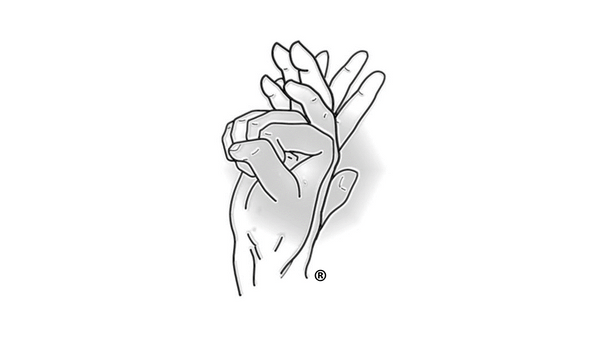For those who have visited our website, you may have noticed our declaration that we aim to provide better knowledge, not just more knowledge. We offer rich, unique insights drawn from your daily interactions with your classes.
No external expert, educational guru, or renowned author, no matter how famous or esteemed, can offer the distinct insights that emerge when you take time to derive valuable insights from your exchanges.
Rush onto the next demand being made of you and the potential to glean from the nuances that made a difference very quickly dissipates – that’s the nature of memory. If you don't seize these insights, they are lost.
What sets our tools apart is the concept of intentional reflection. Our carefully crafted prompts offer you a unique lens to view even the most mundane lessons as opportunities for discernment.
The challenge of becoming an intelligent reflective practitioner may not appeal to everyone. Those who simply want to 'get on with it' might consider it an inconvenience in their busy schedules.
Edusense Reflective Tools are not designed to compete with existing PD programs; rather, they are meant to complement them. Taking a moment to consider the effectiveness or impact of those advocated 'evidence-informed' techniques as they are applied is undeniably a crucial step. They provide a snapshot initially and an essential mechanism to reveal patterns or habits.
These habits are subtle, have formed over time, and become part of the fabric.
Beyond the preconceptions formed during our formative schooldays and reinforced through training, the school environment, and the demands of your daily schedule, our ways of teaching can easily become entrenched.
What we learned to do 3, 5, or 10 years ago can become so deeply ingrained in our practice that it is no longer subject to critique.
Even more so when what we do is categorised as effective or when 'it works.'
As we settle into our roles, take on more responsibilities, or get promotions, our established methods are passed on to the next generation entering the profession.
My conviction is that education is not the same as training. Now, more than ever, we need educators who routinely use intentional reflection to get closer to their daily work and identify the difference they make. After all, most of us entered this profession to make a difference.
“The closer teachers get in their daily work to the meaning and purpose behind why they became a teacher, their wellbeing becomes more positive and their job satisfaction increases” (O’Brien & Guiney, 2021: 354).


